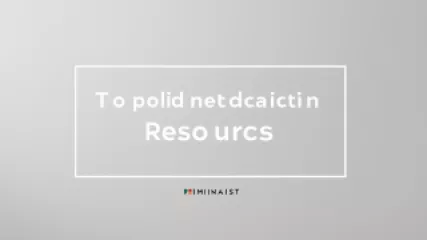What is the Psychology Behind Finding Joy?
for 1 år siden
Glædens Psykologi
A Step-by-Step Guide to Managing Chronic Stress Online
for 1 år siden
Håndtering af Kronisk Stress
Navigating Life's Transitions: A Personal Journey of Coaching for Change
for 1 år siden
Livsovergange
The Ultimate Guide to Recovering from Trauma
for 1 år siden
Genopretning fra Traume
Top 10 Online Psychiatric Medication Resources
for 1 år siden
Psykiatrisk Medicin
Navigating the Science of Chronic Stress Management
for 1 år siden
Håndtering af Kronisk Stress
The Ultimate Guide to Dealing with Rejection
for 1 år siden
Håndtering af Afvisning
How to Help Adolescents Overcome Common Issues
for 1 år siden
Ungdomsproblemer
10 Steps to Mental Health Empowerment: Overcoming Trauma
for 1 år siden
Genopretning fra Traume
Steps to Manage Chronic Stress: A Guide for Improved Well-Being
for 1 år siden
Håndtering af Kronisk Stress
Unlocking the Holistic Therapy Benefits: An Expert Interview
for 1 år siden
Holistisk Terapi
10 Proven Strategies for Trauma Survivors to Overcome Challenges
for 1 år siden
Genopretning fra Traume
Unveiling Self-Deception: Lessons from 'Inception' to Enhance Self-Knowledge
for 1 år siden
Forståelse af Selvbedrag
The Ultimate Guide to Managing Chronic Stress
for 1 år siden
Håndtering af Kronisk Stress
Mindfulness Techniques for Overcoming Rejection: A Research Summary
for 1 år siden
Håndtering af Afvisning















